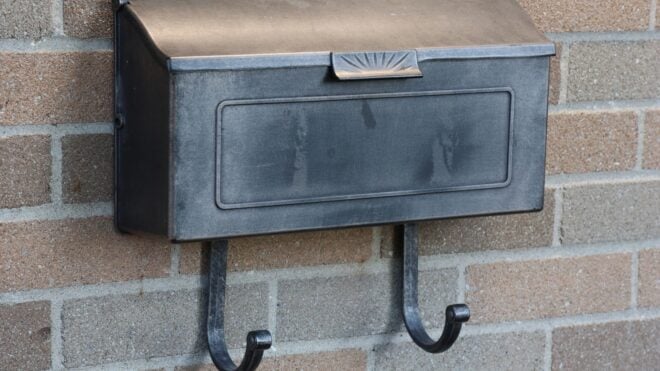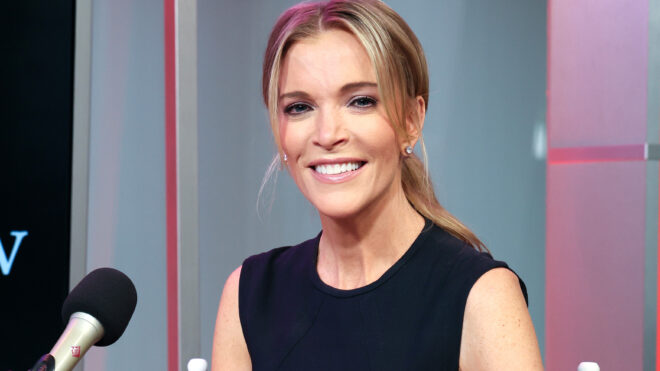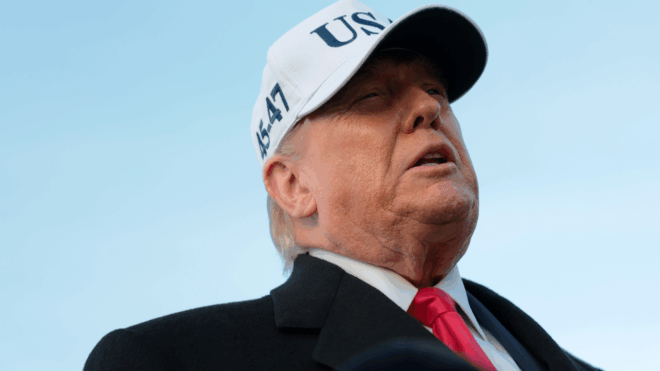Gay men who have recovered from COVID-19 are being turned away from donating their plasma, which is reported to be helping other patients recover more quickly. In a widely circulated post on Facebook, a 36-year-old named Lukus Estok recounted his unsettling experience of trying to make a donation.
Lukus says he was selected by an NYC hospital to donate plasma. He was a prime candidate, too, due to his high antibody count. That would enable him to take part in potentially lifesaving and important coronavirus research that is so desperately needed at this point.
“I was subsequently put through two separate (but identical) rounds of donor screening questions,” Lukus wrote on Facebook in a lengthy post. “I answered the questions honestly. The New York Blood Center scheduled an appointment for me to donate my plasma.” But once he arrived in the waiting room to make his donation, everything changed. As soon as he volunteered the information that he was a gay man, he was quickly told that he would not be allowed to make his donation.
Lukus wrote a lengthy post about what happened in the emotional and upsetting exchange. "When I showed up to my appointment my temperature was taken and I was allowed into the waiting room," he wrote. "There were a number of other staff members and donors around as they collected our ID’s and asked if we had blood donor cards." When they got to him, he told them that he did not have a donor card.
That's when things got awkward and even a bit intrusive. He was asked if he had ever donated before, and he revealed that it had been since he was 18 because he hadn't really been able to. The staff asked him why not? "Now, at this point, I ‘was’ excited and genuinely nervous," he wrote. "And after multiple rounds of screening questions, to which I was able to respond truthfully, I assumed I was just a guy getting ready to donate my plasma," he shared. Then he told them, "I'm a gay man."
He said at the point, everything shifted. "The tone. The facial expression (even with a mask on). The very temperature in the room appeared to change," he wrote. Lukus says that's when he was told, “Well, you won’t be donating today.”
Of course, he felt angered and shocked. Lukus says he tried to argue, to no avail, knowing that this was a clear case of discrimination. Even though he was referred to by a hospital system that deemed him a top candidate for COVID-19 antibody research and plasma recovery, he was being told they could not accept his blood based on old Food and Drug Administration guidelines that banned gay men from donating.
Lukus had been aware of the guideline but also thought those restrictions, born out of the HIV/AIDS crisis of the 1980s, had since been relaxed.
The policy from 1983 that banned gay men from donating had been revised in 2015. The FDA revised the guidelines from a lifetime ban to a 12-month deferral period. Then, on April 2, amid the COVID-19 crisis, the FDA revised the 12-month deferral period down to three months.
Still, the shift didn't happen overnight. While the FDA guidelines had been changed, they hadn't been put into place yet in blood donation centers in New York. “The word ‘immediate’ means that blood centers may begin the process of implementing the changes, all of which happens in a regulated and controlled environment," America’s Blood Centers CEO Kate Fry told Good Morning America.
"For a blood center, this means significant updates to an FDA-reviewed donor history questionnaire, SOPs/procedures, computer systems, and trainings. Blood centers also will need to validate their procedures, computer systems, and trainings."
This is obviously really confusing to the public and upsetting to people who want to donate but are being turned away. And Lukus' experience is definitely not an isolated one. There have been other reports of gay men trying to donate plasma and being told they aren't allowed to donate. Bravo host Andy Cohen had a similar experience and aired his frustrations on his show, Watch What Happens Live. He said while so many people right now are struggling to remember what day it is, he's wondering "what year it is."
He says he signed up for a program for COVID-19 survivors to help those battling the virus, but he was turned down. “Why are members from my community being excluded from helping when so many people are sick and dying?” Andy asked on his show. He also wondered why organizations that are supposed to be helping people can't adapt to the pandemic when the greater public has done so much adapting. "It is bad enough that quarantine has us wondering what day it is, I'm sitting here wondering what year it is," Andy said. "We need to think about this and do better."
The FDA told Good Morning America that it is now working on a study that could help reverse the ban, but until that time comes, the blood deferral policy for gay and bisexual men stands on its current three-month deferral period. “Three months is still an unacceptable barrier to ask a certain section of the population and not the rest of the population to have to clear,” Lukus says. “We don't need old stigma dictating the way that we make medical and scientific decisions. That's not how it's supposed to work. Science is supposed to inform the way we make decisions.”
For now, it seems like a very unfortunate situation that the new guidelines cannot be implemented sooner. Not only is it frustrating for individuals who want to donate and be of service, but it's also harmful to the health of the country and the world to not have all eligible donors be able to help in a time of crisis.




